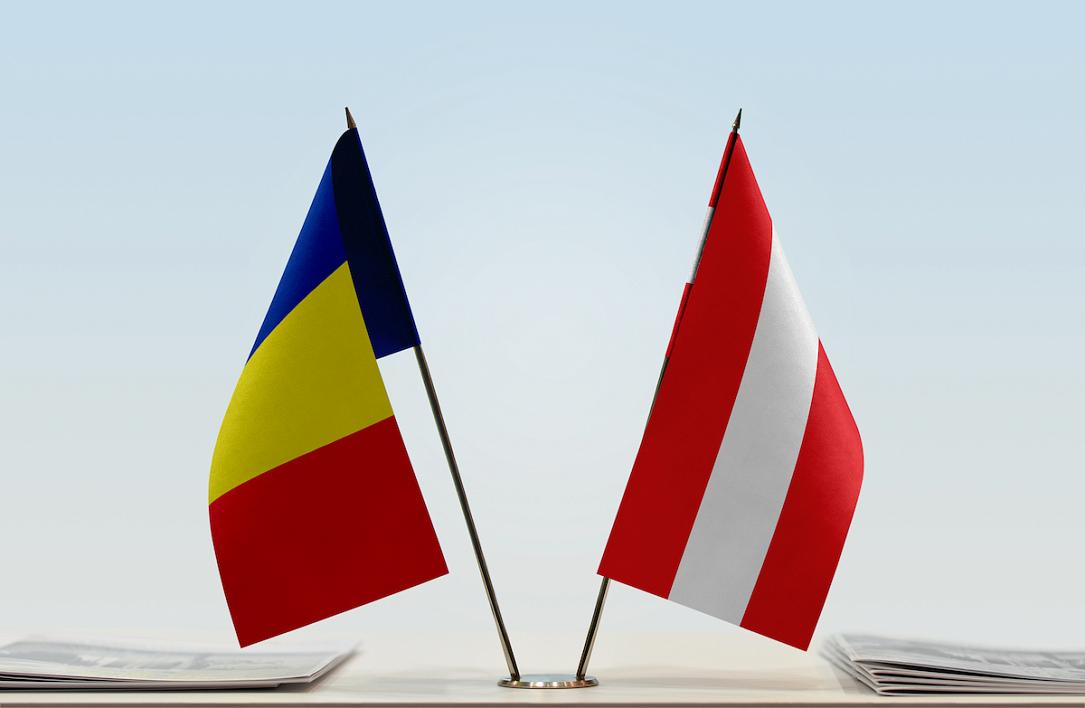Romania set to veto Austria’s bid for OSCE chairmanship in revenge for Schengen vote



Romania may block Austria from winning the chairmanship of the Organization for Security and Cooperation in Europe (OSCE) in December 2023, a move that can be seen as retribution for Austria keeping Romania out of the Schengen area earlier this month, G4media.ro reported.
Leadership positions in the OSCE are filled by the consensus of the member states. Marcel Ciolacu, president of the governing Social Democratic Party (PSD) in Romania, hinted at the fact that Romania may block Austria from obtaining the positions it wants in the organization.
The Social Democrat leader cautioned against calls for boycotting Austrian companies active in Romania, and instead proposed another form of retaliation. “We must not create a rift between Romanians and Austrians. I repeat, [the vote against Romania] is a decision of some temporary political leaders who now rule Austria. Our response must be commensurate. They have used their right to veto. Romania, at this moment, has the obligation to do the same,” Ciolacu said, cited by B1TV.
Even though he said that a diplomatic solution may be found before Romania has to resort to any kind of payback, Ciolacu nevertheless argued that “until then, Romania has the obligation to make use of its veto every time the Austrian state expresses an interest.”
OSCE is an organization that brings together 57 states and manages security situations. Its representatives play a key role in conflicts such as the frozen ones in Transnistria or the Caucasus area. Unlike other international organizations, the appointment of the Secretary General of the OSCE and other holders of leadership positions is done through negotiation between member states and requires consensus. Usually, the hearing of the candidates takes place in Vienna, and the country holding the rotating presidency plays the role of mediator.
Romanian politicians, certain business leaders, and even certain private citizens have been looking to retaliate in some form after the Austrian veto. The leader of the far-right nationalist AUR party, George Simion, recently encouraged Romanians to boycott companies controlled by Austrian shareholders, and instead turn to Romanian-owned companies. He also led several protests at gas stations operated by Austrian multinational oil and gas company OMV.
Simion is not the only one boycotting Austrian businesses. Several companies under the Ministry of Transportation also announced that they will be moving their sizable accounts from BCR, a subsidiary of Austrian bank Erste, to CEC Bank, which has as its largest shareholder the Romanian state. “They found better conditions at CEC. It's as simple an explanation as possible,” said transportation minister Sorin Grindeanu cited by Digi24.
(Photo source: Alexander Filon | Dreamstime.com)